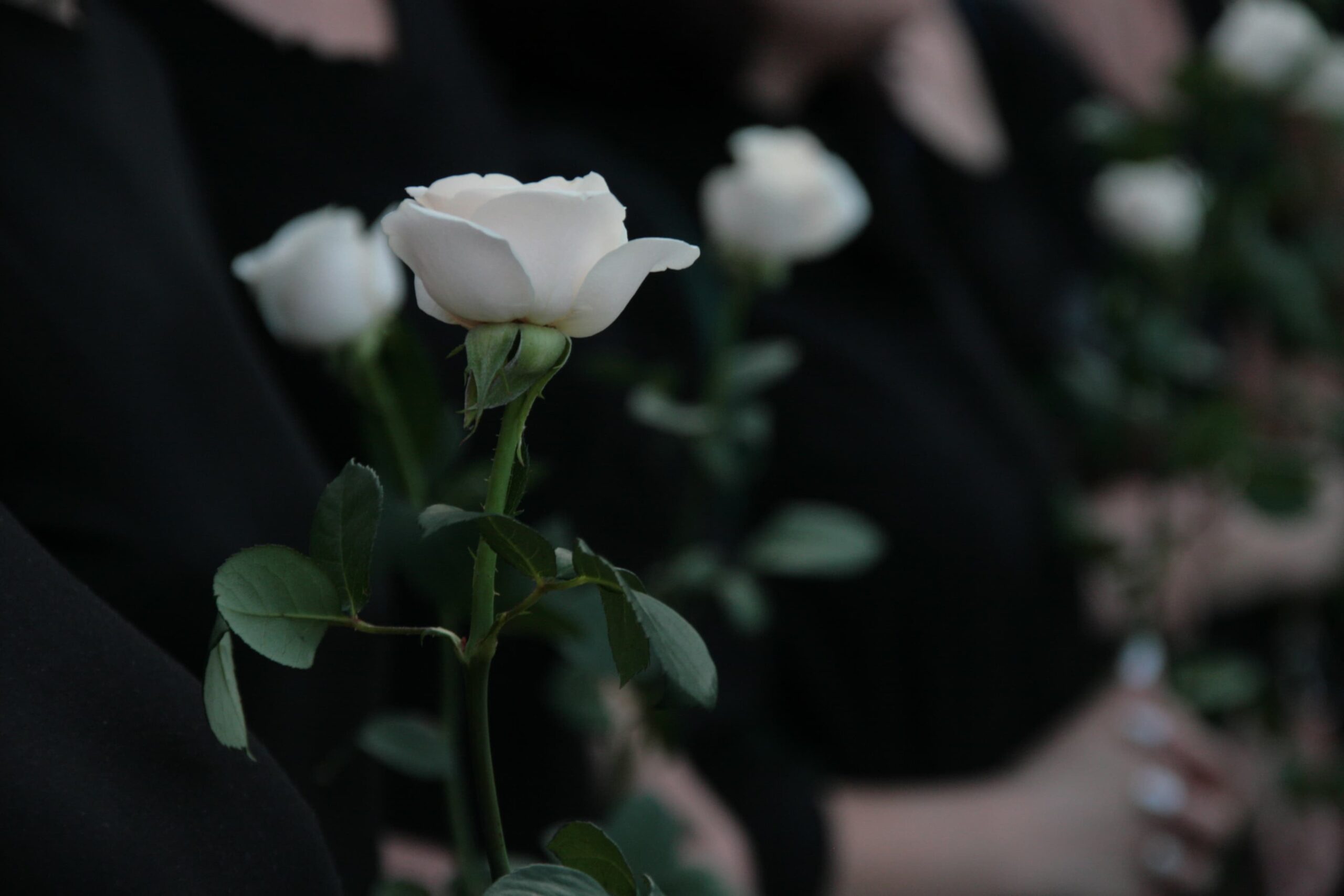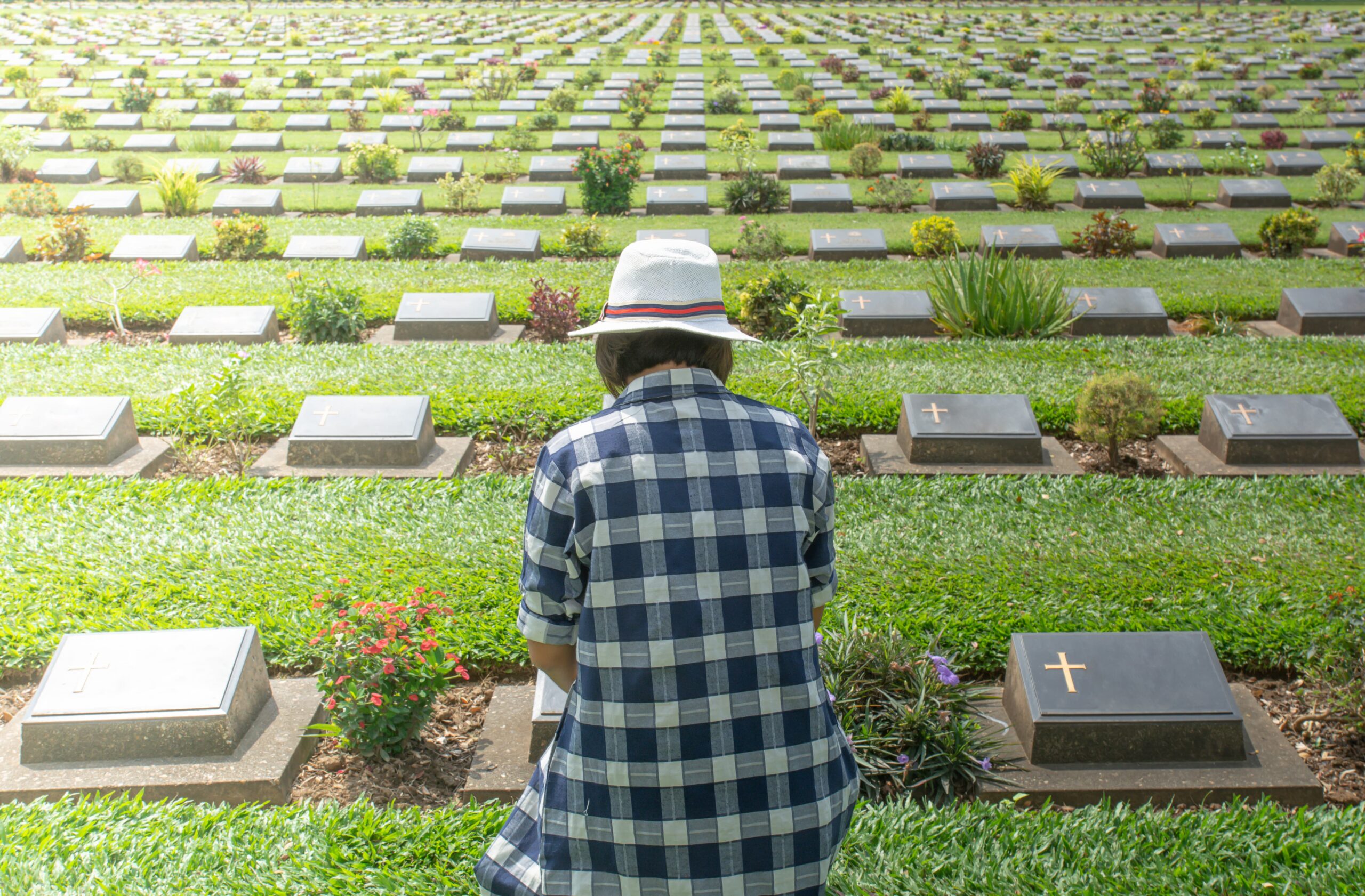10 Things to Know About Wrongful Death Claims in Colorado
The thought of dealing with a lawsuit while you’re still grieving the loss of your loved one can feel overwhelming. However, learning more about wrongful death and the claims process can help you know what to expect.
Here are 10 common wrongful death questions and answers from our Elite Litigation Group of attorneys.
1. Are There Wrongful Death Laws in Colorado?
The Colorado wrongful death law is Colo. Rev. Stat. § 13-21-2011 and § 13-21-2022. A death caused by the wrongful act, neglect, or default of another may be the basis of a legal claim for financial compensation. The legal standard is whether the person could have brought a personal injury claim if they had survived.
Survivors may receive financial compensation for the loss of their loved one and related damages. Negligence (including car accidents and slip and falls), recklessness, and intentional assault are common grounds for wrongful death claims.
The sudden loss of a loved one is devastating. Contact us today to see how our attorneys can help you start to rebuild after this tragedy.
2. How Do You Prove Wrongful Death?
To prove wrongful death, the plaintiff must show how the defendant was responsible for the death of their loved one. They may show negligence, which is a lack of reasonable care for the circumstances. Any of the grounds for a personal injury claim may be used. In addition to showing legal fault for the death, the victim must prove their wrongful death damages.
3. Is Wrongful Death Civil or Criminal?
Wrongful death is civil. The purpose of the claim is for survivors to receive financial compensation. The defendant may be charged with a crime separately, but the wrongful death claim is civil. Even if the defendant is found responsible, they are not sent to jail.
The fact that this type of claim is civil has several benefits for the family bringing the case. The victim can bring their claim without waiting for a prosecutor to file charges. In addition, it’s the victim who determines, with their wrongful death lawyer, how to present the case and whether to accept any settlement offers. Damages may include non-economic losses, and the burden of proof is lower than it would be in a criminal case.
4. What Is the Burden of Proof in a Colorado Wrongful Death Case?
The burden of proof in a Colorado wrongful death lawsuit is a preponderance of the evidence. The victim must prove the case more likely than not. Each element of the case must be proven, and it is the victim who must present evidence to satisfy the burden of proof.
5. Who Can File the Wrongful Death Claim in Colorado?
Colorado separates wrongful death claim filings into two categories by year. The first year following the loved one’s death, the spouse may file. In the second year, the spouse, the children, or the beneficiary may file.
A surviving spouse may give permission for the children to file the case in the first year. If the person is unmarried with no children at the time of their death, then the parents may file.
6. What Can You Recover in Wrongful Death Damages?
Colorado law allows recovery for economic, non-economic, and exemplary damages. Types of damages include:
- Medical bills
- Lost wages the person would have earned
- Burial and funeral expenses
- Pain and suffering
- Loss of companionship
- Emotional distress
- Exemplary damages (available if the case meets certain conditions)
To receive compensation, the victim must prove that they have those damages and the value. Because these claims are about losing a loved one, compensation amounts are typically high. There is a cap in Colorado on non-economic damages in wrongful death cases.
We fight for justice. Contact our team to schedule a free consultation to see if you qualify to bring a legal claim.
7. How Long Do You Have To Make a Claim in Colorado?
The wrongful death statute of limitations is generally two years from the date of death to make a claim in Colorado. For cases based on hit and run accidents, the statute of limitations is four years.
The timeline is unforgiving. It’s vital to have the case started by the deadline. Even if the case takes longer to complete, the first documents must be formally filed no later than two years following the victim’s death.
8. How Do You Start a Legal Claim After a Loved One’s Death?
A wrongful death complaint starts the legal claim. There are other things to complete, like a case cover sheet and filing papers, which must follow a certain format. There is typically a filing fee as well.
Starting a wrongful death action is complex. It’s critical to follow the right steps to file the claim correctly and in the appropriate court. Because of the significant amounts of compensation and the needs of the suffering family, it’s always advisable to work with an experienced wrongful death attorney to know how to file the claim.
9. What Are Exemplary Damages in a Wrongful Death Claim?
Exemplary damages, or punitive damages, punish the defendant for extremely bad behavior. The plaintiff’s actual losses are covered in economic and non-economic damages. Exemplary damages are extra compensation meant to punish the defendant for what they did to cause the death. Surviving family members may claim them if the defendant acted with fraud, malice, or willful and wanton misconduct.
The Colorado law for damages for death by negligence is § 13-21-2033. The surviving family members of the victim begin by filing their claim. Then, they move to amend the complaint to include exemplary damages. The courts freely allow the amendment with a basic showing that it is appropriate for the situation.
10. How Is Compensation Split in a Wrongful Death Claim?
Proceeds for these claims must be split among the spouse and children. Even if one party initiates the suit, they must still share the proceeds with others who are entitled. Expenses are deducted, so the person who brings the claim doesn’t receive less. Inheritance and succession laws usually determine how to divide the financial compensation.
Understanding Wrongful Death Claims in Colorado
Have you lost a loved one in an accident? Do you want to learn more about legal options? Are you wondering what to do if you suspect your family member’s death resulted from negligence?
The lawyers with our Elite Litigation Group handle complex civil litigation claims, including wrongful death. We will be by your side during the entire process, offering legal insight, strong legal advocacy, and compassionate support for your family while fighting for successful case results.
Contact us today to schedule a free consultation to learn how we can help you get justice after the sudden loss of a loved one.






